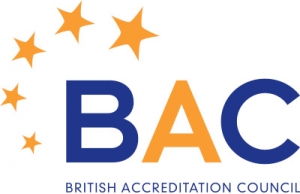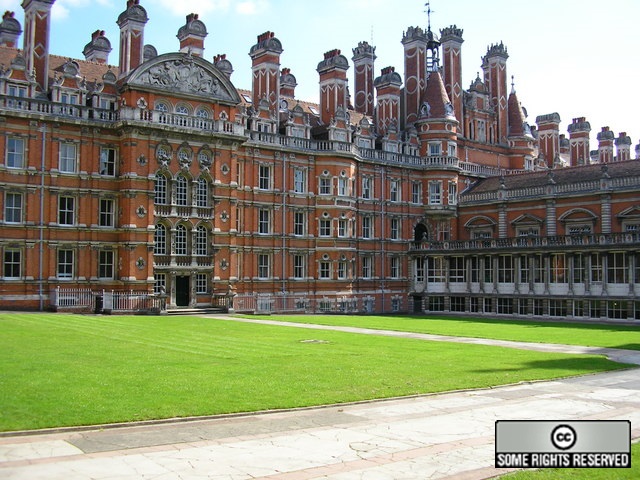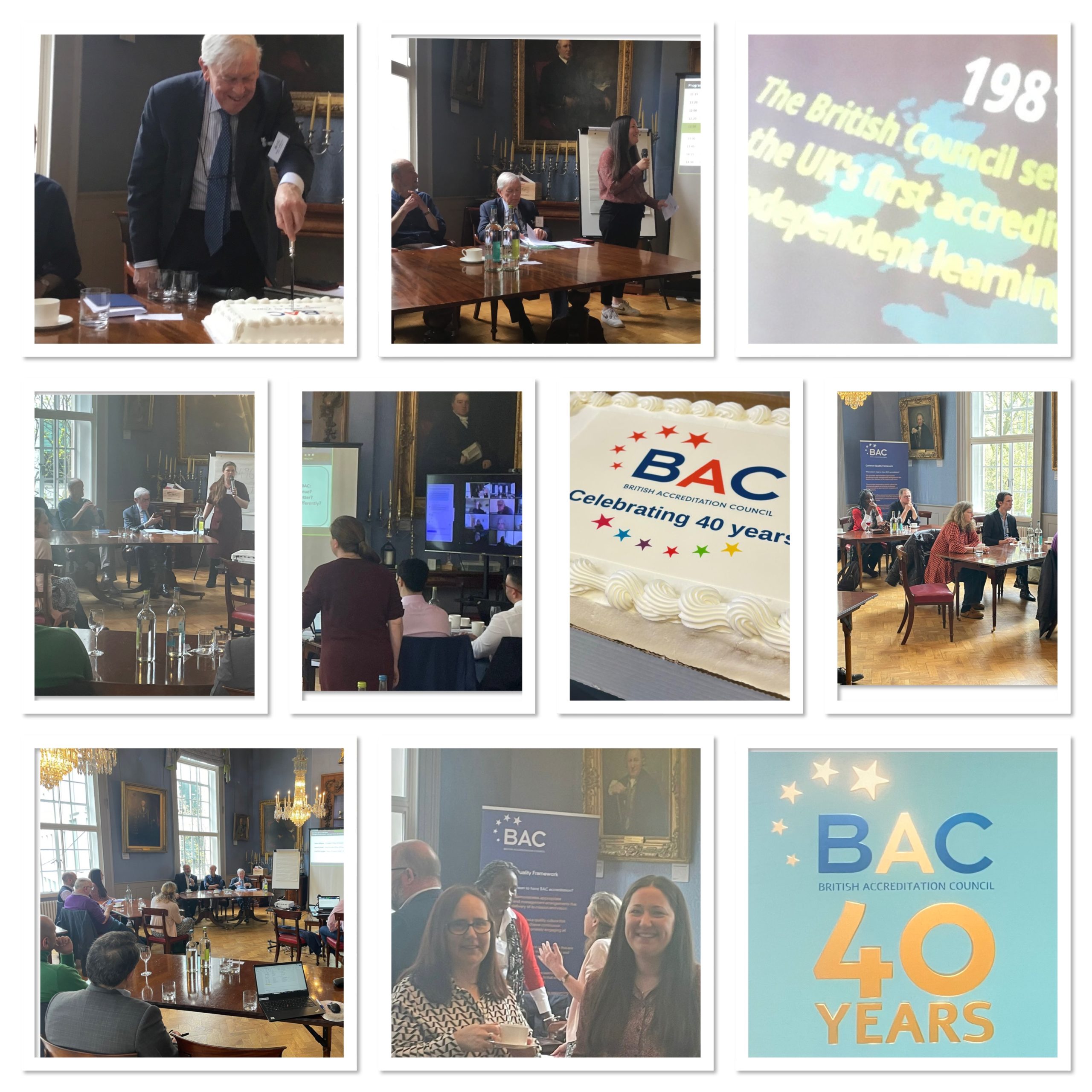The events of the last year have left the Higher Education sector in a state of uncertainty. As the Higher Education and Research Bill makes its way through Parliament, the result of the 23 June referendum for the UK to leave the EU there is still a lacks clarity on the impact that Brexit will have on the Sector. As universities became increasingly internationalised over the last 5 years the number of students from the EU studying in the UK had been on the rise. This was accompanied by the internationalisation of the staff, particularly academic and research staff working in the UK. The respect and status of the UK’s universities, EU students’ access to government funding (through the Student Loans Company) and the easy mobility for staff who frequently moved between institutions has been a factor in continuing to attract students and staff to the UK.
The events of Brexit, and the perception that the UK is ‘closed for business’ to international students is likely to have had an impact on application numbers from the EU and internationally. The UCAS figures, released on the 1 February 2017, showed a 7% drop in applications from EU students from the previous year. Alongside this, the Higher Education and Research Bill continues its progress through the two Houses. Having reached the House of Lords, the Bill has now completed the Committee stage and will return to the report stage in the House of Lords on the 6 March 2017.
More information on the progress of the Bill can be found here.
So how will the Higher Education Bill impact the British Accreditation Council and its accredited providers? Firstly, it is impossible to say with certainly the exact impact the Bill will have on the sector. There is a vast amount of conjecture on the impact that new providers will have (increased competition, potential decrease in standards etc.), fear over the loss of autonomy for UK research and Innovation (UKRI which is replacing the UK Research Council) and what control and powers the Office for Students will have.
What we do know is the information summarised below.
Office for Students (OfS)
The replacement for HEFCE and the Office for Fair Access (OFFA), this regulator will grant Degree Awarding Powers and University Title. In addition to granting these powers, the OfS will also be able to de-register, suspend or fine providers if they are not meeting standards. The OfS will also operate the Teaching Excellence Framework, designed to raise teaching standards, reward high quality teaching and support student choice. The TEF has been controversial, particularly due to the link with the increase in tuition fees linked to the TEF score. The National Union of Students in the UK has been lobbying against this and are currently running a campaign to encourage students to boycott the National Student Survey as this is one of the three metrics that will contribute towards the TEF score. The OfS will be in place by April 2018 and the recruitment of the Board is underway. There will be a consultation in Autumn 2017 on the regulatory framework and we will ensure that we keep BAC providers up to date with this.
Degree Awarding Powers (DAPs)
Currently, anyone applying for Taught Degree Awarding Powers must apply to HEFCE and the application is passed onto the Quality Assurance Agency for scrutiny. A recommendation is then given to the Privy Council via HEFCE. The Degree Awarding Powers are then granted by an Order of Council. The ultimate decision is made by the Privy Council.
The proposals in the Bill were to reduce the length of time that providers needed to be in operation (down to 3 years from 4), the majority of the HE students must be studying for qualifications at bachelor’s degree level or above and the minimum number of students to be eligible to apply (currently 1000) has been removed. In addition, the right to grant DAPs and University Title was proposed to move to the Office for Students away from the Privy Council.
This is unlikely to impact BAC accredited providers.
Probationary Degree Awarding Powers (PDAPs)
The Bill proposed that Probationary Degree Awarding Powers were introduced (for a three-year period) to sit alongside the scrutiny for full degree awarding powers. This has been one of the more controversial discussion areas, particularly on the protection for students in the event of a provider not gaining full DAPs. Where PDAPs are granted, an institution will not be required to have their degrees awarded by another, possibly competing. institution. At this stage the requirements from the Office for Students on what needs to be demonstrated for PDAPs has not been confirmed but it is likely to include an assessment by QAA.
According to the White Paper the intention was to make it ‘easier for new high quality providers to start-up, achieve degree awarding powers and secure university status. New universities will drive more diversity and innovation, more choice for students, competitive pressure to drive up standards, and will mean that all students with the potential can access a high quality university place’.
There has been concern from key UK HE lobbying organisations such as Universities UK and MillionPlus that opening the market to new providers would not provide innovation due to increased competition but act as lowering the bar to standards. For BAC providers based in England this could be an opportunity to move away from validation agreements and be able to award their own degrees although at this stage there is no further information on what applicants would be expected to demonstrate in their application. As the OfS will be operational by April 2018 we will be expecting additional information to be released by this date and we will inform stakeholders at that time.
Applying for University Title
Currently there is a separate process to be granted the use of University Title as providers had to have TDAP and over 1,000 students. A minimum of 750 students had to be studying at degree level (including foundation degrees) and 55% of all full time equivalent students must enrolled on higher education courses.
The Privy Council is responsible for granting University and University College title and can gain this by either:
i) a Royal Charter or Act of Parliament, in accordance with the provisions of the Further and Higher Education Act 1992
ii) by obtaining approval for the use of the word ‘University’ or `University College’ in the name under the provisions of the Companies Act 2006.
The Bill proposed that to access the protected title of university, providers must successfully operate with full DAPs for 3 years and have more than 55% of its full time equivalent students studying HE. Another key change is the removal of the minimum number of students required for application. Institutions can apply for university title after a 6-year track record of issuing degrees. The granting of University Title would be under the purview of the Office for Students and not under the Privy Council.
Final thoughts
The Higher Education and Research Bill requires the consent of both Houses of Parliament before it can become statute. Organisations continue to lobby for amendments to the Bill so expect to see the HE Bill in the UK newspapers over the next 12 months. BAC will continue to update providers through briefings and our newsletters.



Leave A Comment